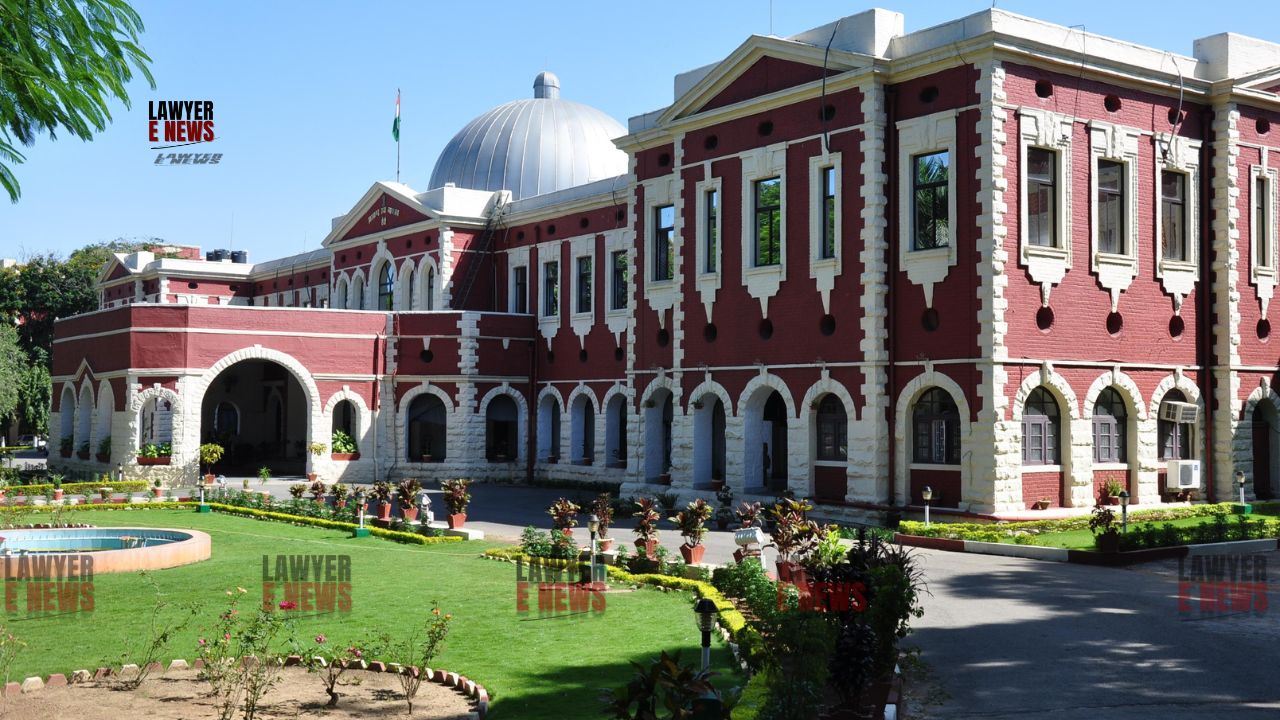-
by Admin
15 February 2026 5:35 AM



The High Court of Jharkhand at Ranchi has dismissed writ petitions challenging the dismissal orders of two CISF personnel, Raj Pal and Tarlok Singh, confirming the disciplinary authority’s decision. The court upheld the dismissals citing procedural compliance and significant delay in filing the petitions. The judgment was delivered by Hon’ble Dr. Justice S.N. Pathak on 16th May 2024, emphasizing the limited scope of judicial review in disciplinary actions and the non-impact of criminal acquittal on departmental proceedings.
Compliance with Principles of Natural Justice: The court meticulously examined the disciplinary proceedings and found them compliant with the principles of natural justice. Despite the petitioners’ arguments that the disciplinary authority’s disagreement with the inquiry officer was unfounded, the court observed that the disciplinary authority provided adequate reasons for the disagreement and offered the petitioners an opportunity to respond. “The disciplinary authority upon perusal of the enquiry report as well as evidence of the witnesses came to the conclusion that the charges are proved against the petitioners and recorded his findings,” noted Justice Pathak.
Limited Scope of Judicial Review: Reiterating the limited scope of interference under Article 226 in disciplinary proceedings, the court stated, “This Court sitting under Article 226 of the Constitution of India has limited scope of interference in a regular domestic enquiry and can interfere only if there are some procedural lapses or violation of principles of natural justice.” The petitioners failed to demonstrate any such lapses, leading to the dismissal of their writ petitions.
Delay and Laches: The court also emphasized the principle of delay and laches, noting the significant delay in filing the writ petitions. Petitioner Raj Pal challenged the orders after 15 years, while Tarlok Singh did so after eight years. The court referred to several Supreme Court judgments underscoring the importance of timely legal action. “Inordinate delay would only invite disaster for the litigant who knocks at the doors of the Court,” the court remarked, highlighting the importance of prompt action in seeking judicial relief.
Impact of Acquittal in Criminal Case: Addressing the petitioners’ acquittal in the related criminal case, the court clarified that departmental proceedings and criminal trials operate on different standards of proof. “The acquittal in the criminal case has no bearing in the regular departmental proceeding,” the court stated, granting the petitioners the liberty to seek reconsideration from the respondents based on their acquittal.
Justice S.N. Pathak emphasized, “When the disciplinary authority differs with the view of the inquiry officer and proposes to come to a different conclusion, there is no reason as to why an opportunity of hearing should not be granted.” The judgment underscored the procedural integrity maintained by the disciplinary authority, ensuring the petitioners were not condemned unheard.
The High Court’s decision to dismiss the writ petitions reinforces the judiciary’s stance on upholding procedural justice in disciplinary actions while emphasizing the importance of timely legal recourse. By affirming the dismissal orders, the judgment underscores that criminal acquittal does not automatically translate to exoneration in departmental proceedings. The petitioners have been granted the opportunity to seek reconsideration based on their acquittal, ensuring a balanced approach to justice.
Date of Decision: 16th May 2024
Raj Pal Vs The Inspector General
